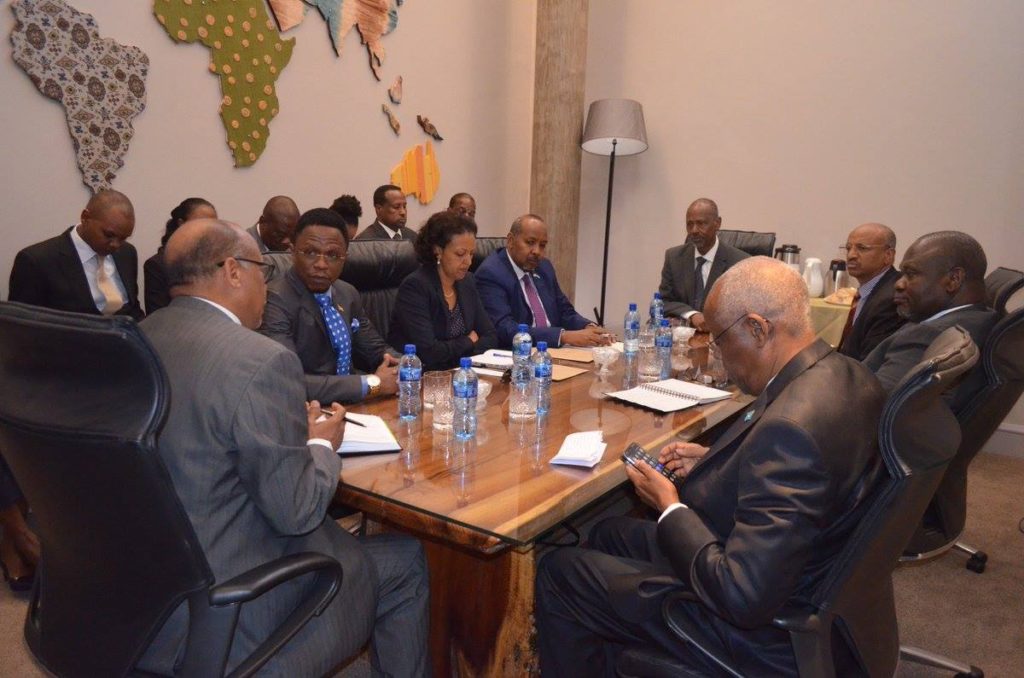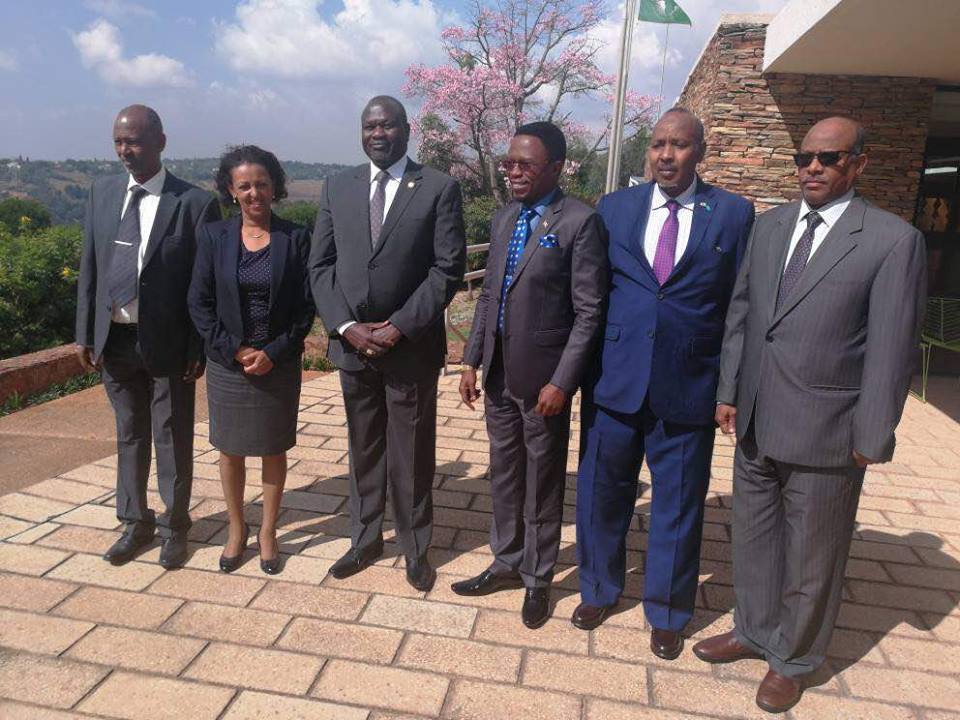Over the past three years, the Embassy of Ethiopia in Brussels has been actively promoting Ethiopian tourism destinations and attractions by participating in holiday fairs and organising tourism events. This article was originally published in the 10th issue (April 2018) of The Ethiopian Messenger, the quarterly magazine of the Embassy of Ethiopia in Brussels.

Over the past three years, the Embassy of Ethiopia in Brussels has been actively promoting Ethiopian tourism destinations in Benelux and Baltic countries, in collaboration with Ethiopian Airlines in Brussels (EAL), the Ethiopian Tourism Organization (ETO) and the Ethiopian Tour Operators Association (ETOA). Considering the European public’s habit of visiting holiday fairs to discover future travel destinations, the Embassy took the lead in coordinating various Ethiopian tourism stakeholders to take part in major holiday fairs in the Benelux Countries. A significant number of people were able to discover the country’s rich culture and natural beauty through such events.
On each occasion, the elaborate Ethiopian stands, in addition to the traditional music, dances and coffee ceremony never failed to catch the eyes of intrigued visitors. By stopping at the stand, visitors not only obtained practical information about the country but also experienced the hospitality of Ethiopia by enjoying a warm cup of coffee while sitting on a traditional stool, surrounded by the aroma of Ethiopian roasted coffee beans.
A new image for the country
A key moment for European visitors is to discover the reality of a country that is miles away from the barren land described in the 1980s. After broadening their knowledge, most visitors conclude that Ethiopia is a must-see destination and inevitably ask the same question: “When the best season to visit Ethiopia?”. Tour operators and Ethiopian Airlines play a crucial role in providing information on Ethiopia’s tourism destinations and flight details. Over time, holiday fairs have also become a platform where Europeans travellers who have visited Ethiopia to share their testimonies. It is not rare for them to express their intention to visit Ethiopian again. The Embassy has worked tirelessly to make use of this crucial platform to showcase Ethiopia as a must-see touristic destination in Africa offering a uniquely rich culture and endowed with the awe-inspiring natural scenery.
 Many factors have played a role in the constantly increasing number of tourists visiting Ethiopia, such as its stability and its dynamic economic development. The growing interest of European media also played a positive role in placing Ethiopia as an important cultural touristic destination in Africa. More and more journalists are visiting Ethiopia to film documentaries or write articles about the country. In parallel, Ethiopia has caught the attention of several bloggers and travel magazines. For instance, the Daily Mail vaunted the beauty of Ethiopia in an article titled “Forget sunny Spain, enchanting Thailand and the romance of France: Ethiopia is named ‘World’s Best Tourism Destination.” Thanks to their reporting and testimonies, the image of Ethiopia of the 80s is beginning to fade away from popular memory.
Many factors have played a role in the constantly increasing number of tourists visiting Ethiopia, such as its stability and its dynamic economic development. The growing interest of European media also played a positive role in placing Ethiopia as an important cultural touristic destination in Africa. More and more journalists are visiting Ethiopia to film documentaries or write articles about the country. In parallel, Ethiopia has caught the attention of several bloggers and travel magazines. For instance, the Daily Mail vaunted the beauty of Ethiopia in an article titled “Forget sunny Spain, enchanting Thailand and the romance of France: Ethiopia is named ‘World’s Best Tourism Destination.” Thanks to their reporting and testimonies, the image of Ethiopia of the 80s is beginning to fade away from popular memory.
Recent holiday fairs
The Embassy’s efforts would not have succeeded without the active support of Ethiopian Airlines Benelux Area Office. The national carrier is connecting Africa to the world thanks to its flights to 56 cities in Africa, to 18 Europe & America destinations and 26 terminals in Gulf countries, the Middle East & Asia. The Airline has always been a part of the Embassy’s efforts in promoting the new tourism brand dubbed ‘Ethiopia Land of Origins’ in several tourism events organised in the past. Mr Bisrat Tedla, manager of EAL Brussels, has made a valuable contribution towards promoting Ethiopia in the Benelux countries. The Embassy has been playing a major role in facilitating the participation of several Ethiopian tour operators through active engagements with the respective organizers of the fairs. So far this year, the participation of Ethiopian tourism stakeholders to the holiday fair of Brussels (Salon des vacances) and of Luxembourg (Vacanz) has been widely successful. The Brussels holiday fair was marked by a stand designed to replicate the Church of Lalibela, while the traditional coffee ceremony got the attention of Belgian RTL TV channel and several other journalists and bloggers. Similarly, Ethiopia’s participation to the Vakanz Tourism Fair of Luxembourg included cultural performances by the Ethiopian Diaspora in Luxembourg and the Luxemburger Wort daily featured Ethiopia’s stand in its front page dedicated to the fair.
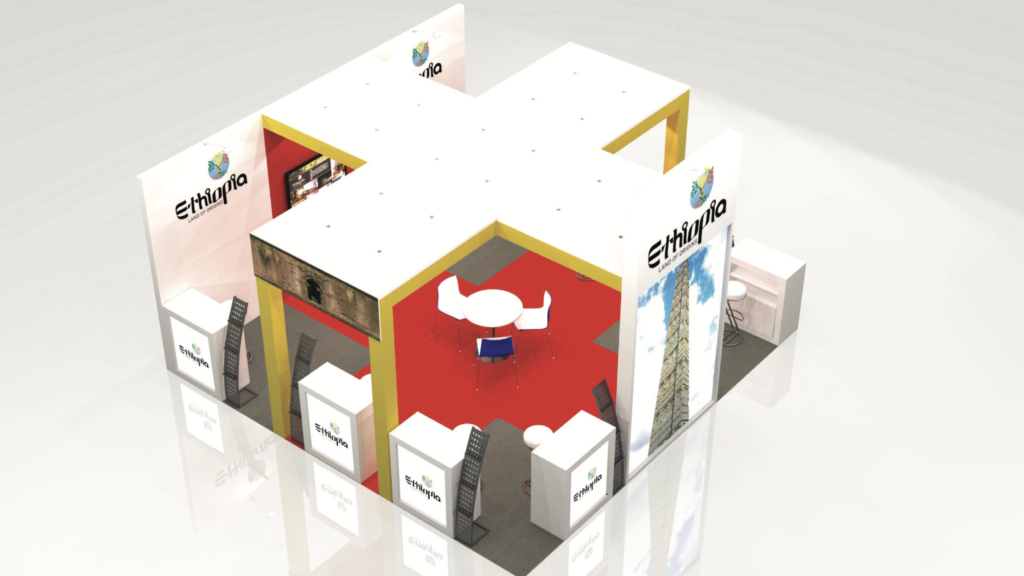
Major tourism promotional event in Ghent
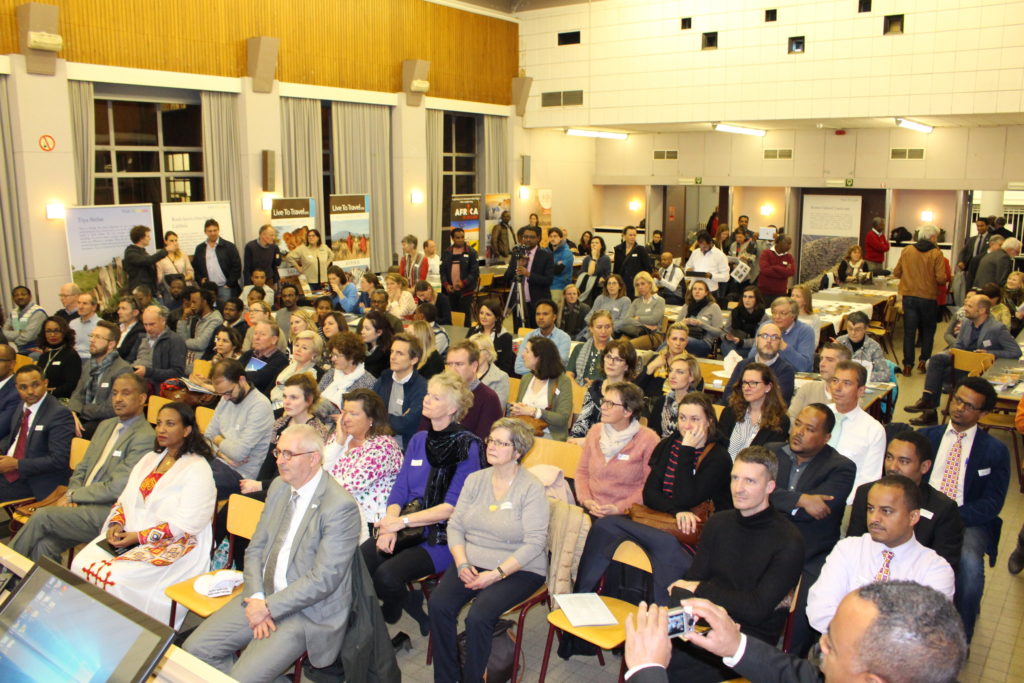
More significantly, the Ethiopian Embassy organized a workshop on tourism on 13 March 2018 in close collaboration with the University of Ghent and Koombana Bay Tourism Marketing & Communication Agency. Over 19 Ethiopian tour operators and Ethiopian officials lead by H.E. Meaza G/Medhin, State Minister for Tourism, took part to the event for the first time. The workshop also served a platform to establish a Business to Business (B2B) and Business to Government (B2G) links, as it has brought together over 150 Destination Management Companies, Tour Operators, journalists and bloggers from Belgium and the Netherlands. After welcoming remarks by Ambassador Ewnetu Blata, charge d’affaires at the Ethiopian Embassy in Brussels, and an opening speech of H.E. Meaza G/Medhin which gave an insight about the development of Ethiopia’s tourism sector to attendees. The Acting CEO of the ETO, Yechale Mihret, and Area Manager of the EAL (Benelux Area Office) presented several Ethiopian tourism attractions and the flight destinations of EAL. ETOA’s Representative, Mr Desale Mitiku mentioned the untapped tourism potential of the country and underscored that visiting Ethiopia is like visiting three countries at the same time due to the country’s long and rich history, unique nature and incredible cultural diversity.
Later, ample time was given for networking opportunities resulting in fruitful connections among the participants. The workshop also contributed in promoting the Ethiopian culture as were offered Ethiopian authentic food by Toukoul Restaurant (Brussels), were entertained with a coffee ceremony and Washint Music (an Ethiopian traditional instrument similar to flute) and an exhibition of Ethiopian traditional costumes and crafts organized by Mrs Tezerash Asfaw-an, a prominent member of the diaspora in Belgium. In a nutshell, this tourism event was successful as it brought together all the key stakeholders in tourism and the European public to scale up the flow of tourism to Ethiopia.
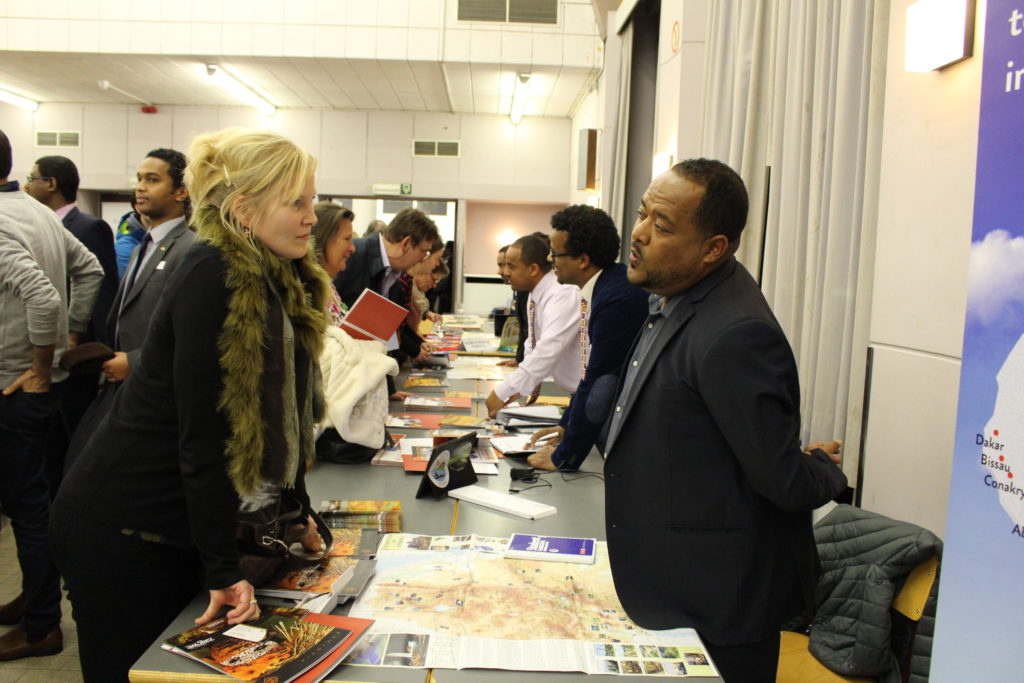
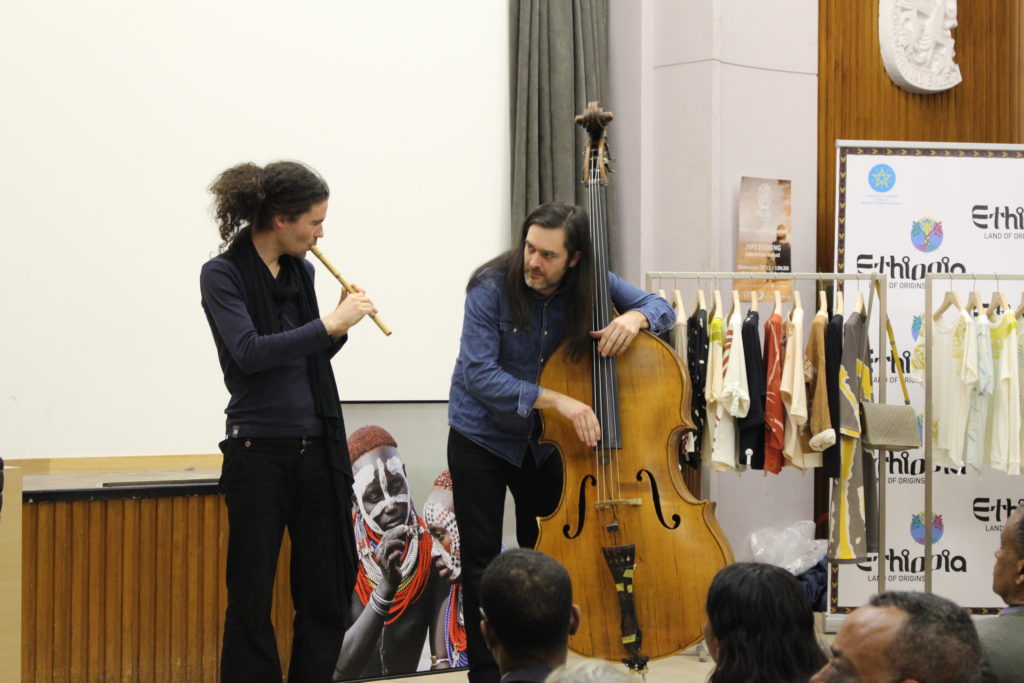
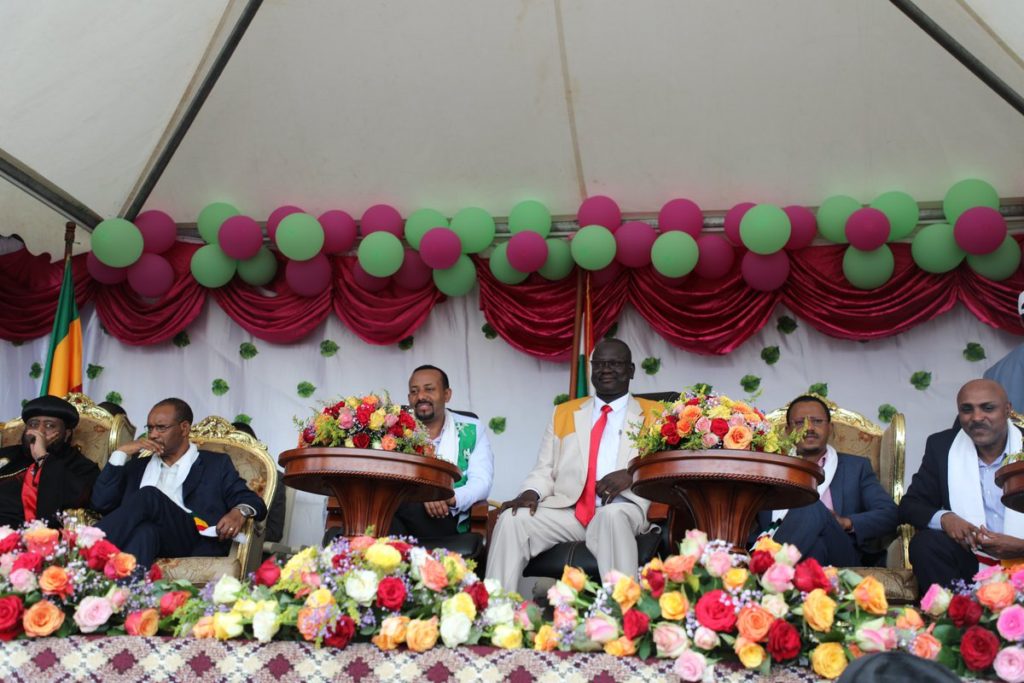
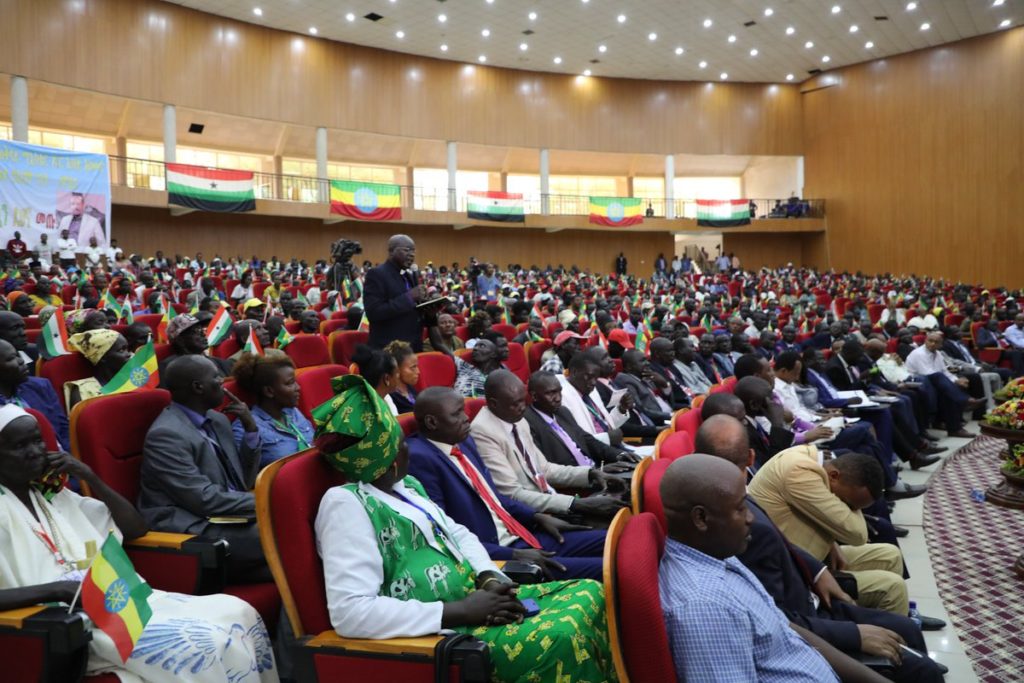
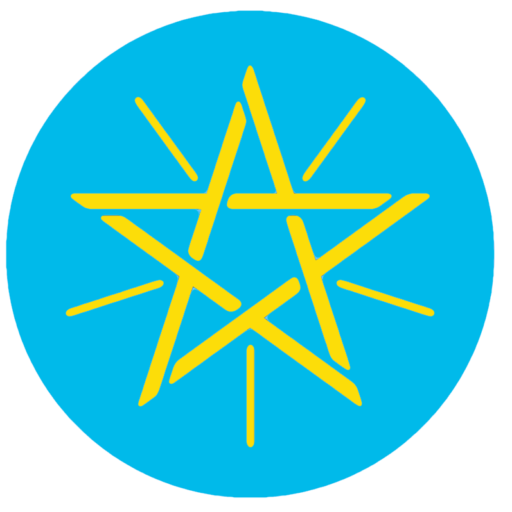
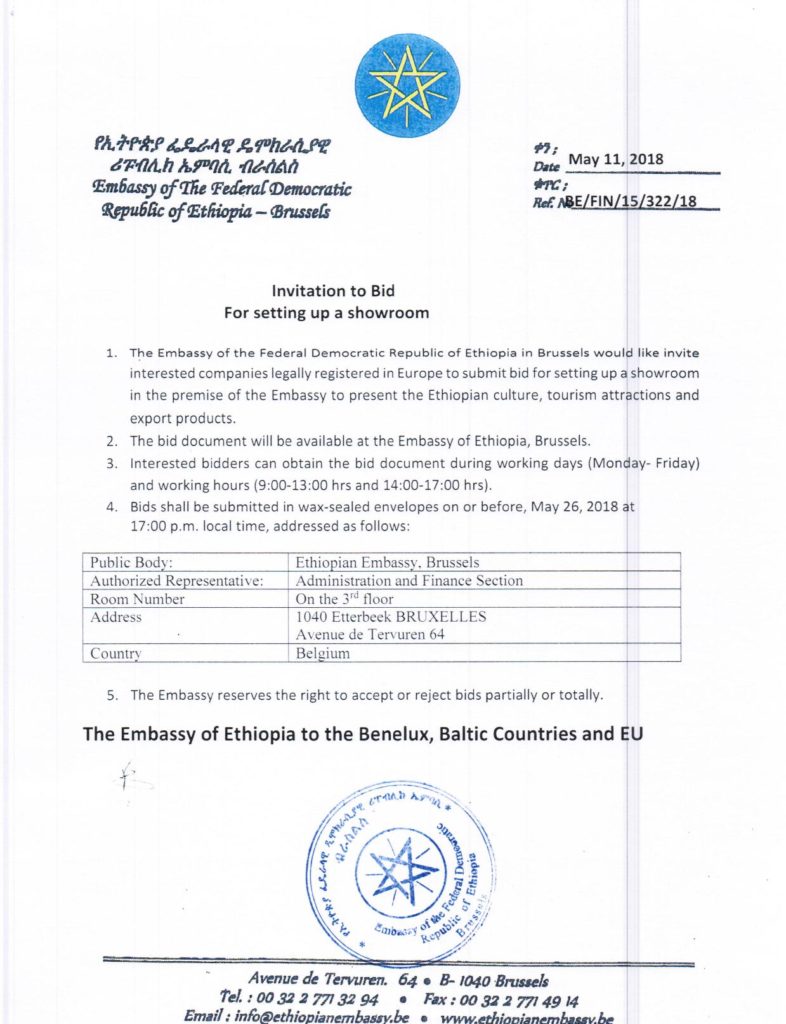
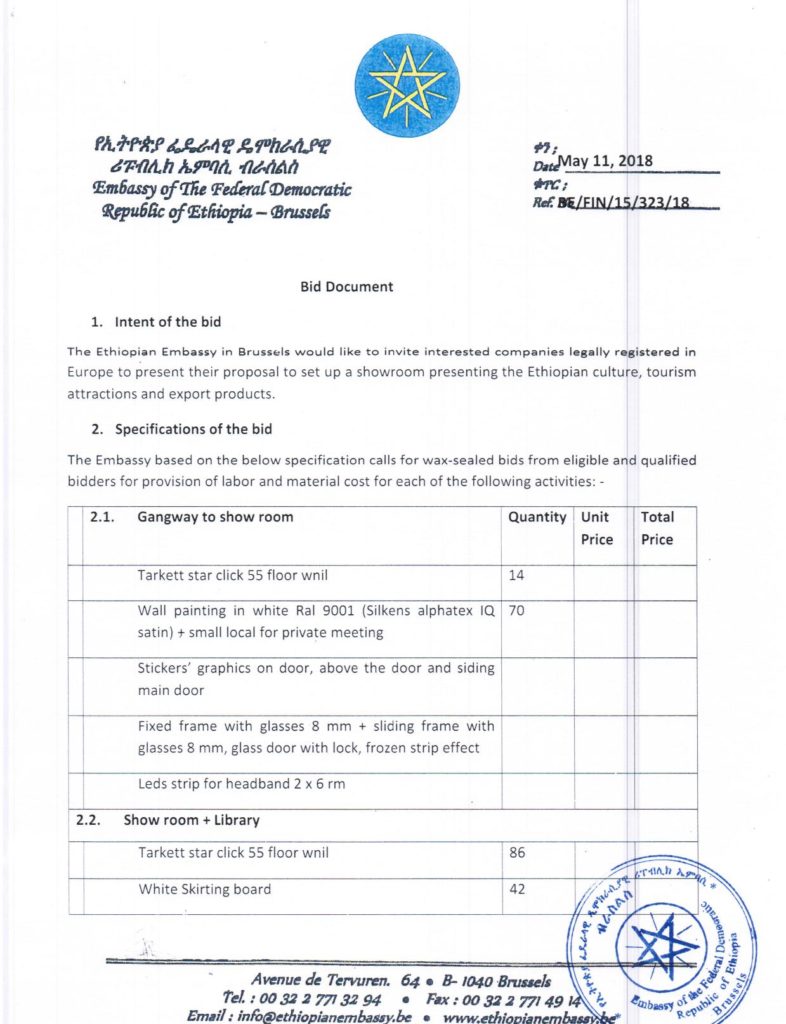
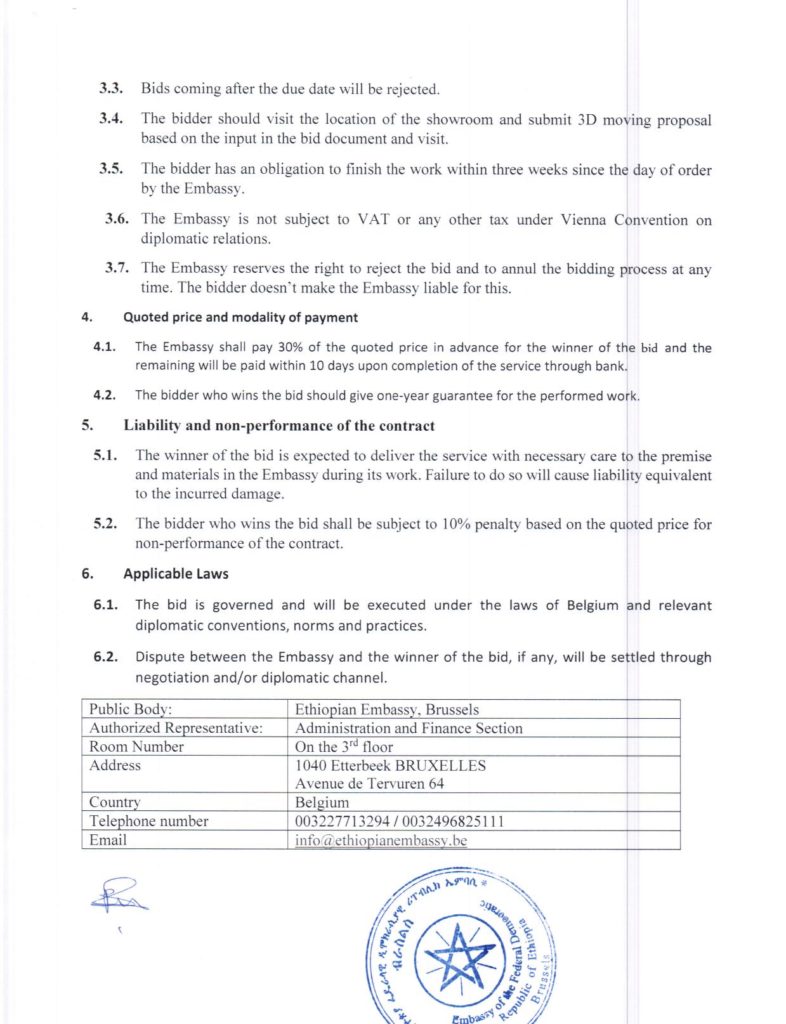
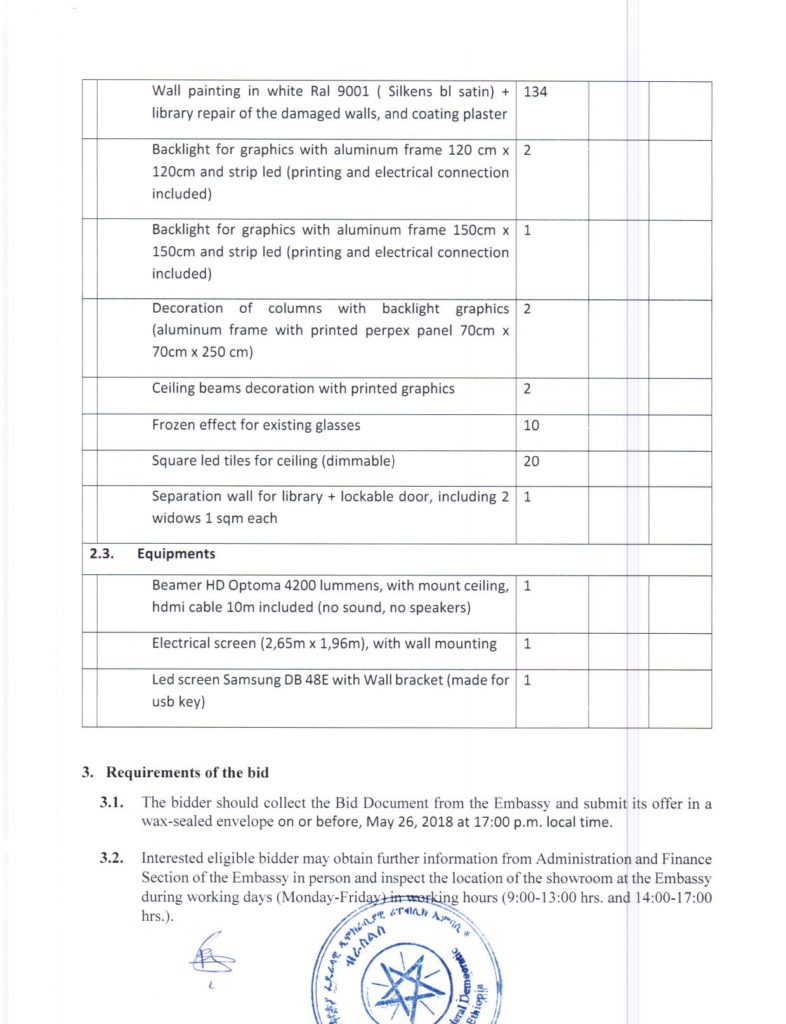
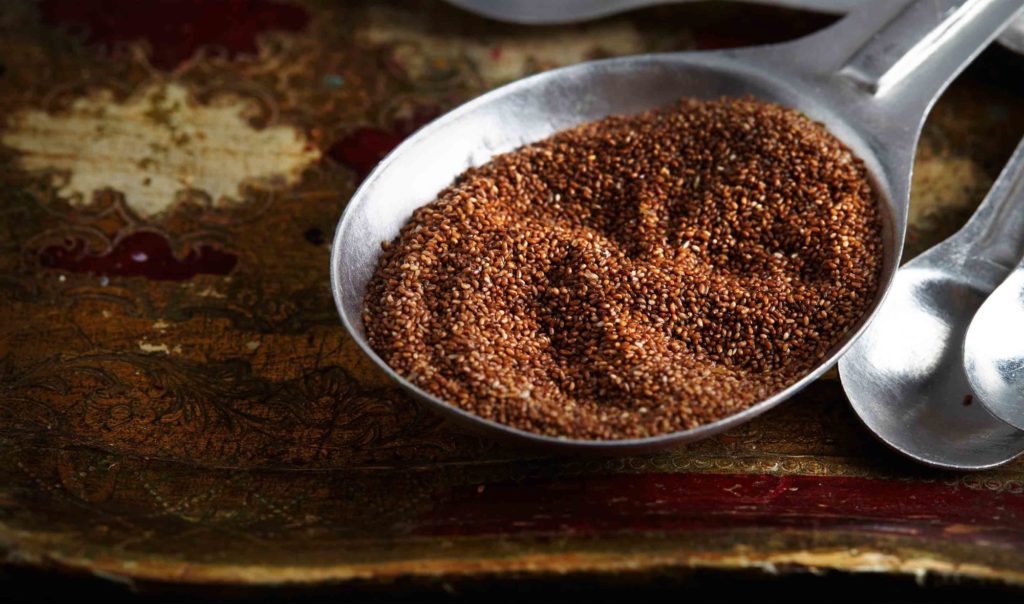
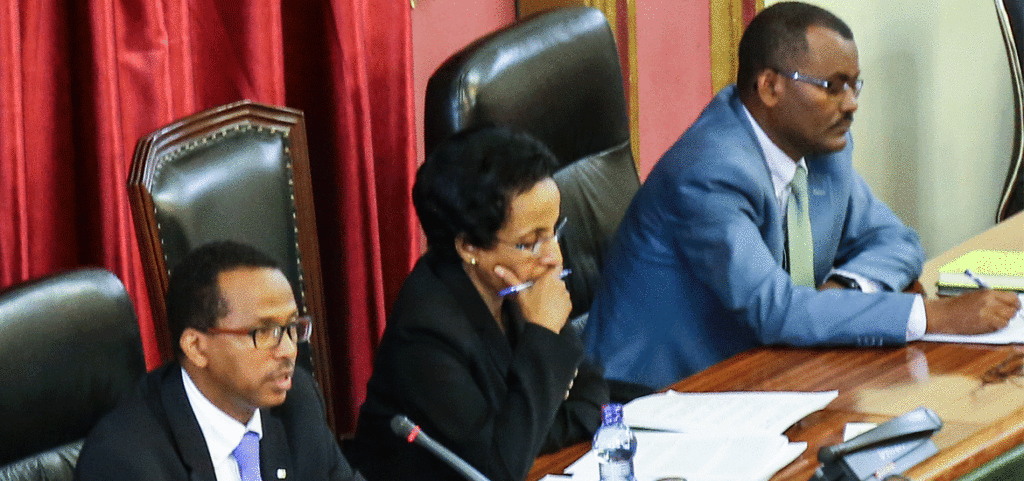






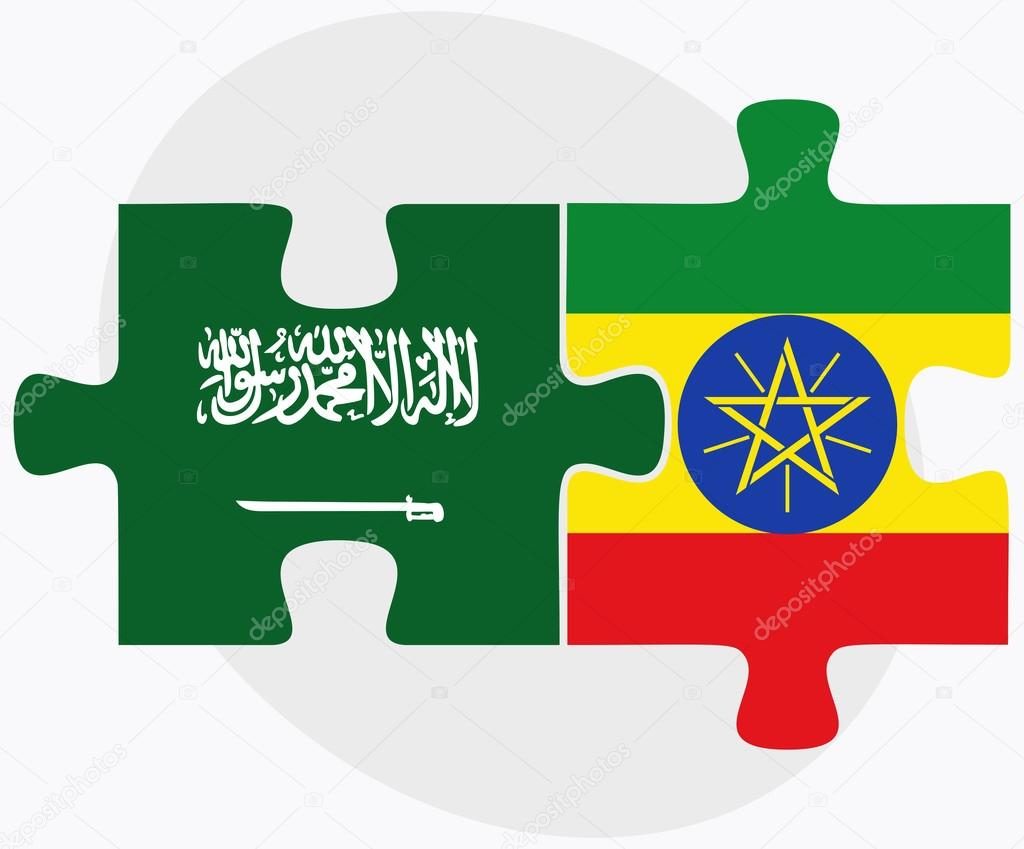
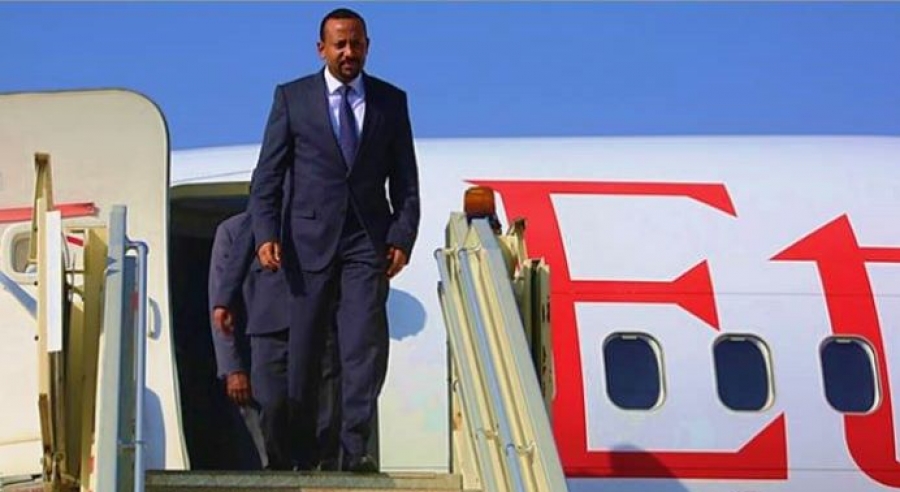
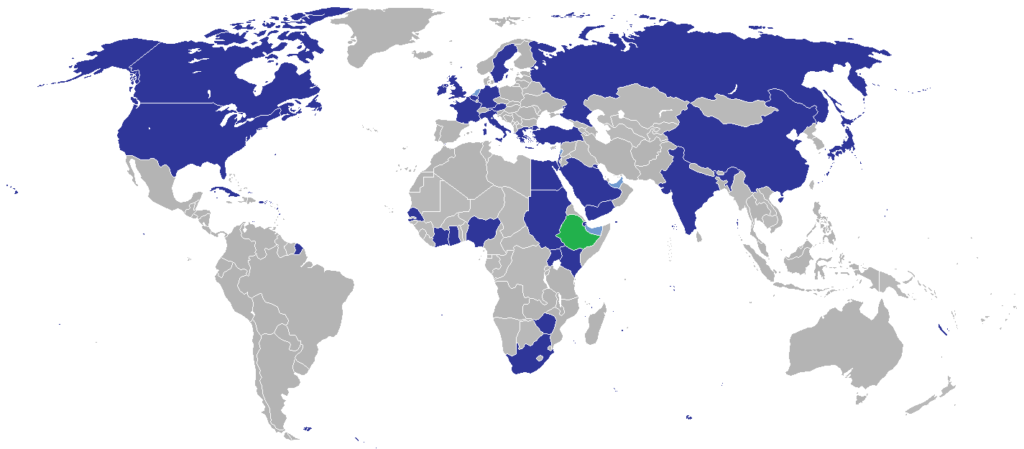


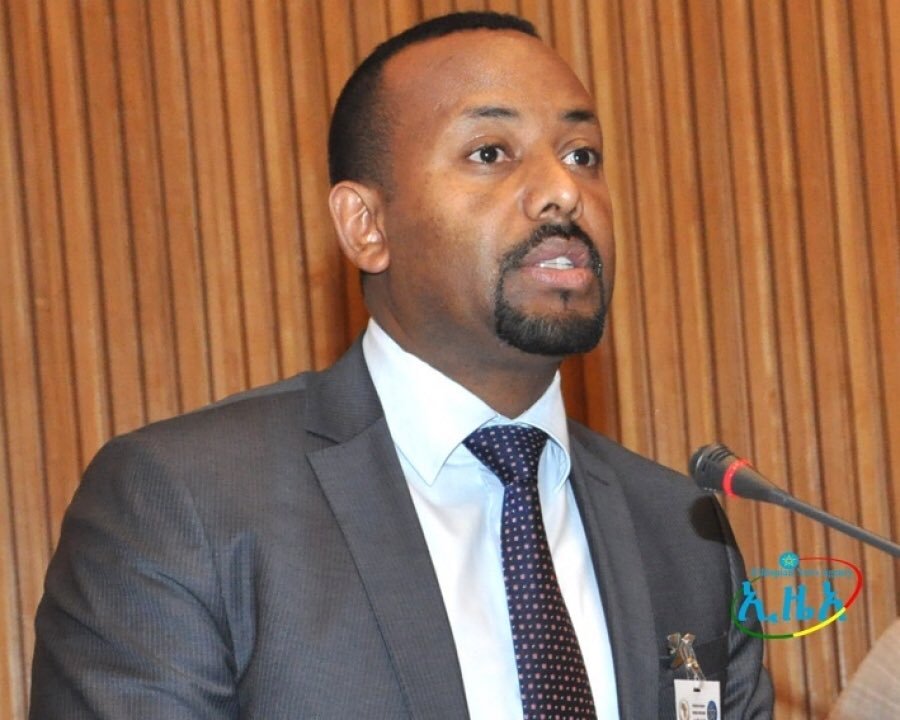 history of living in harmony,” he added.
history of living in harmony,” he added.